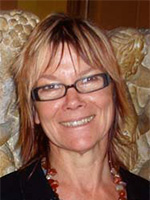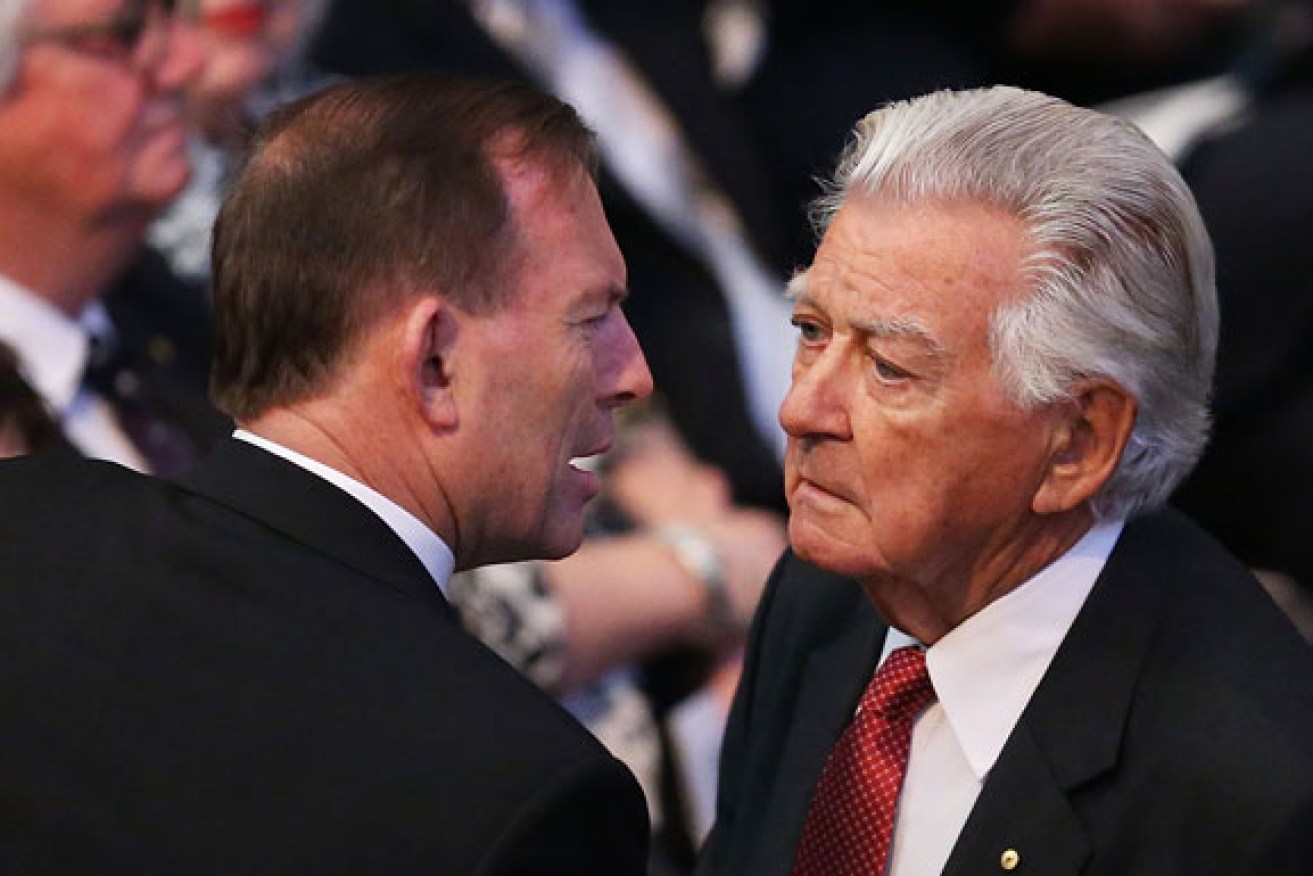Remembering the man who changed Australia


Getty
The 2000 people who filled the Sydney Town Hall, and the thousands more gathered around screens outside – in Melbourne, in Kings Hall in Old Parliament House, in Cabramatta, in the Berry pub – witnessed a memorial service as inspirational, as passionate and as committed as the man whose life it honoured, Edward Gough Whitlam.
As a state memorial service it could have been rigid, unyielding, old-fashioned, even peremptory, but this was a state service like no other.
In moments of sheer political theatre they cheered the good – Julia Gillard greeted with flowers to a standing ovation – they jeered the bad – John Howard and Tony Abbott in equal measure – while Malcolm Fraser, the man who will forever live in Whitlam’s political shadow, was scarcely acknowledged.
• Honouring Whitlam’s legacy in more than name: Paul Bongiorno
• In pictures: Gough Whitlam’s memorial service
• Gen Y farewells their unlikely champion
This was also the moment we heard one of the truly great oratorical performances. Noel Pearson’s memorable paean to Whitlam’s unapologetic pursuit of equality, his ‘moral vision for equality of opportunity’, was a rare match for Whitlam’s own mastery of that form.
Pearson showed better than any the significance of the Whitlam government’s Racial Discrimination Act – now too frequently seen as a vulgar anti-Bolt weapon – rather than as the fundamental protector of racial equality it has always been.

Noel Pearson delivered one of the truly great oratorical performances. Photo: Getty
Without the Racial Discrimination Act there could have been no Koowarta case, no Mabo case and no Native Title Act. Whitlam’s was an avowedly and proudly reformist government, he saw his election victory as ‘a command to perform’ and the Whitlam government passed more legislation in its three short years than any other, despite having more legislation rejected by the Senate in those three years than any other.
Pearson described it as the textbook case of ‘reform trumping management’.
Graham Freudenberg, Whitlam’s oldest friend, confidante and long-time amanuensis, called this moment ‘the greatest privilege of my very privileged life’.
William Barton’s performance on the didgeridoo was a haunting polyphony which, from a single instrument, seemed both an impossibility and a metaphor.
Aunty Millie Ingram remembered Gough Whitlam sitting with Charlie Perkins and Chicka Dixon in the Aboriginal tent embassy, listening, when no other political leader would do either.
“I can only say to the great man, thank you. You shone a light that led the way for us,” she said.

Cate Blanchett benefitted from Whitlam’s free tertiary education. Photo: Getty
Cate Blanchett reflected on her sense of loss at Whitlam’s death, ascribing it, to thunderous applause, to the simple fact that she is a beneficiary of the Whitlam government’s free tertiary education.
Senator John Faulkner recalled Whitlam’s wit, his intelligence and breadth of knowledge and his cutting humour which did not always work in his favour. Faulkner instanced Whitlam’s opening line to the Press Club after a particularly bad week with Canberra journalists: “Vipers, ladies and gentlemen.”
But most emphatically, he remembered Gough Whitlam as a great Labor prime minister whose achievements inspired not just his own generation, but those to come.
The emblematic Whitlam reforms continue to resonate: ‘one vote one value’ and universal health insurance, Medibank, votes for 18-year-olds, national legal aid, Senate representation for the NT and the ACT, the release of draft resisters from jail and an end to peace-time conscription, an Australian national anthem, an Australian system of honours and the end of the British Honours system, recognition of communist China, independence for Papua New Guinea, the end of the White Australia policy, consumer protection, the supporting mother’s benefit, an independent foreign policy stance, the abolition of the death penalty, no-fault divorce, the Racial Discrimination Act, Aboriginal land rights, equal pay for women and, of course, free tertiary education.
From this careful weave of countless individual reforms has come the cultural and social transformation that is now acknowledged as Gough Whitlam’s great legacy.

Current PM Tony Abbott greets former PM Bob Hawke. Photo: Getty
For 40 years Whitlam seemed destined to be remembered more as the only prime minister ever to be dismissed from office than for this reformist vision and his successfully reforming government. Yet the two weeks since Gough Whitlam’s death has seen a significant political re-evaulation take shape, finally laying this shibboleth to rest.
The consistent refrain has been clear, Gough Whitlam changed Australia and we are the better for it.
As Paul Keating said, there was Australia before Gough Whitlam, and there was a different Australia after Gough Whitlam – and things would never be the same again.
Jenny Hocking is Research Professor and ARC Discovery Outstanding Researcher Award (DORA) Fellow in the National Centre for Australian Studies at Monash University. A new edition of Jenny Hocking’s two-volume biography of Gough Whitlam, Gough Whitlam: A Moment in History and Gough Whitlam: His Time, will be published by Melbourne University Publishing on December 4.








